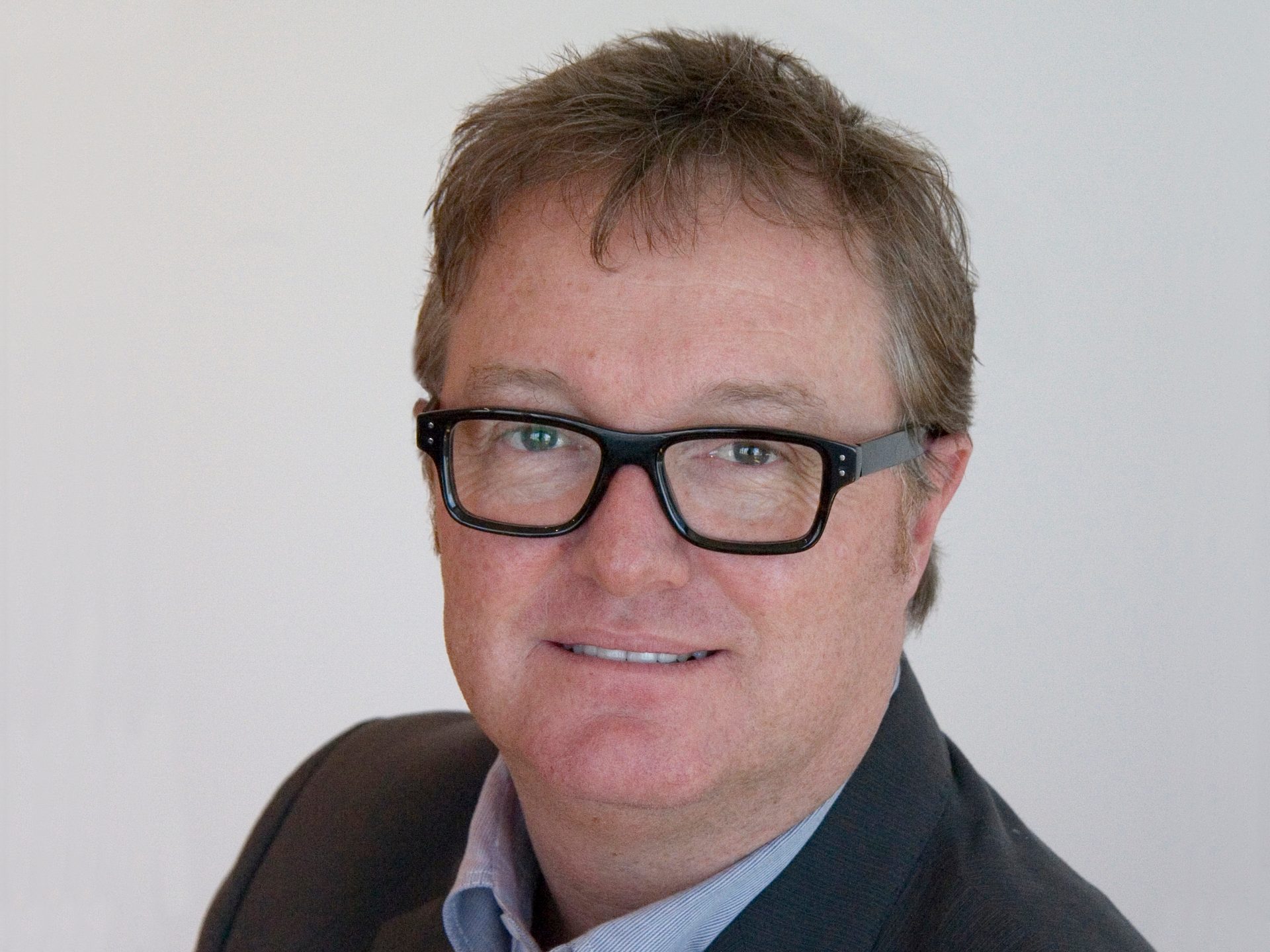
Visionary researcher wins Entrepreneur Award
Visionary researcher Professor Stephen MacMahon, a founder of The George Institute for Global Health and an architect of its global expansion, is the 2013 Australian Ernst and Young (EY) Social Entrepreneur Of The Year.
The George Institute was established in 1999 to find financially sustainable solutions to major global 21st century health problems including chronic disease, serious injuries and associated disabilities. More than 400 professional and administrative staff are collectively responsible for operations in more than 40 established and emerging economies worldwide.
EY judges say: “The George Institute for Global Health is a wonderful example of Australian entrepreneurship.”
Professor MacMahon himself, they say, is “something of an accidental entrepreneur. An outstanding medical researcher, he saw a way to use his knowledge to bring good to a wide-spread, disadvantaged group and became an entrepreneur in delivering the idea.
“By linking good science with excellent management and an imaginative care delivery model, Stephen has found a new way to provide appropriate medical care on a large scale in difficult environments, particularly within the third world. The business model is scalable, with potential applications across various health issues in multiple countries, and has the ability to make a significant impact.
“Through The George Institute for Global Health, Stephen has already been able to help many people in such an important way and is inevitably going to help a lot more – literally saving lives on a large scale.”
Professor MacMahon, who is an internationally recognised authority on cardiovascular diseases, a Professor of Medicine at the University of Sydney and the University of Oxford, and a Fellow of the Australian Academy of Science and the British Academy of Medical Sciences, says he had never thought of himself as an entrepreneur.
“I have to admit that I didn’t know I was a social entrepreneur until someone from EY told me so. But, having since met many other ‘real’ entrepreneurs, I now understand that the challenges they face and the solutions they seek are not too different from my own.”
Professor MacMahon says world health care solutions must undergo the same “big change” undergone already by other industries. “If the world is to provide healthcare to all of those in need, it will require ‘disruptive’ solutions that fundamentally change the healthcare market. These solutions will not be provided by the existing players, whose ever-more-costly services currently extend to only two billion of the seven billion people on the planet.
“It will only be entrepreneurs – whether social or otherwise – who challenge the status quo in the quest to ensure effective sustainable healthcare for rich and poor countries alike.”
Professor MacMahon says The George Institute has already generated outcomes that have touched the lives of many millions worldwide. This has included developing new approaches to the care of many different medical conditions ranging from the community management of chronic conditions such as diabetes and lower back pain to the hospital management of cerebral haemorrhage and other critical illnesses.”
“Currently a major focus of our work is harnessing the power of mobile internet connectivity to support the delivery of effective affordable healthcare in remote and disadvantaged regions of the world.
“Specifically, we are developing and evaluating systems that would enable a village healthcare worker to diagnose and treat a range of common serious conditions in settings where there is little or no access to a doctor. We have major programs ongoing in both India and China, and plans for additional programs in other regions including the Middle East, which is a new geographic focus for us.”
Professor MacMahon says The George Institute was established following the realisation that emerging markets around the world were rapidly developing large epidemics of chronic diseases, such as heart and lung disease, while still struggling with infectious, maternal and child health problems.
The solutions developed in established markets, says Professor MacMahon, were both unaffordable and impractical for most emerging markets, and yet no other alternatives had been developed or evaluated.
“I believed that if we took the research and development skills we had developed in high income countries and applied these in a resource-sensitive manner to the problems facing countries such as China and India, we could potentially formulate innovative models of healthcare that would provide sustainable solutions.”


